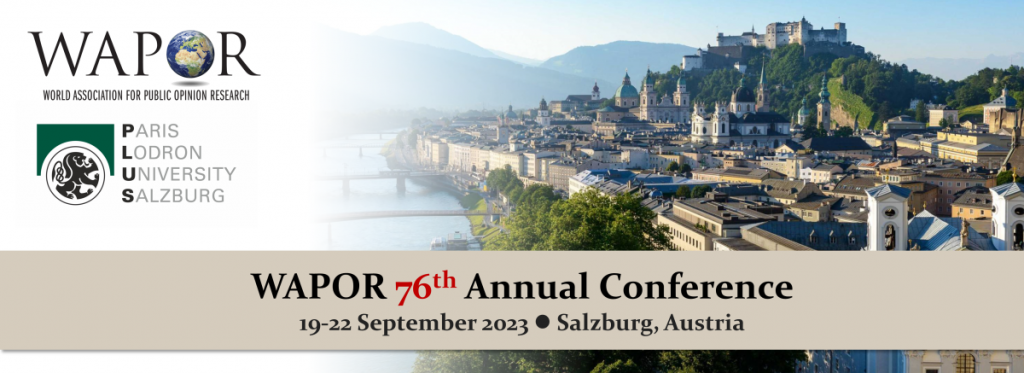
Although the availability of internet access remains far from adequate in many low-income countries around the world, internet technologies have transformed the practice of politics and commerce in the societies in which they are used, with consumers, candidates, parties and politicians interacting online. Affordances (such as sharing, liking, commenting, and a range of emotions) provided by social media platforms provide massive amounts of data for research on public engagement with information online. Misinformation — false information and fake news especially in the context of disasters, crises and elections — remain a problem online and off in many countries. The internet is just one example of a technology driving commerce and social change. Next to sea level rise and climate change mitigation, artificial intelligence (AI) and quantum computing present the greatest challenges to global governance.
Given the challenges and opportunities for society presented by rapidly accelerating technologies, what does the latest public opinion research tell us about the issues of importance today? What can we learn from public opinion and elite opinion over time? What are the latest developments in public opinion research, misinformation, and the study of campaigning and voting behavior? What threats do non-probability samples and AI pose to public opinion research and election forecasting? What are the challenges and opportunities in big data analytics — topic modeling, sentiment scoring, image analysis?

The 2023 conference theme is broad. It includes many newer topics relevant to public opinion research including e-voting, e-deliberation, e-panels, mixed mode studies, AI, social media research and methods, technologies and the UN’s sustainable development goals, as well as longstanding ‘classical’ public opinion research topics of importance such as electoral studies, freedom to publish polls, the quality of public opinion research around the world, traditional media research, and more.